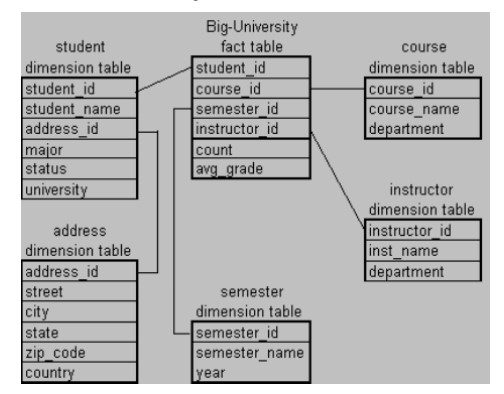What are the uses of final modifier/Keyword? Explain.
The final Modifier
The final modifier keyword makes the programmer cannot change the value anymore. The actual meaning depends on whether it is applied to a class, a variable, or a method.
It's a modifier that you can apply on variables, methods, and classes and when you apply the final modifier it can make variables immutable, prevent the method from overriding in subclasses, means no polymorphism, and when you make a class final in Java it cannot be extended anymore, taking out Inheritance from the picture. There are both pros and cons of using the final modifier in Java and that's why it's very very important for a Java developer to have an in-depth knowledge of the final modifier in Java and that's what you will learn in this article.
Following is a list of uses of the final modifier keyword.
Using final to define constants: If you want to make a local variable, class variable (static field), or instance variable (non-static filed) constant, declare it final. A final variable may only be assigned to once and its value will not change and can help avoid programming errors.
Once a final variable has been assigned, it always contains the same value. If a final variable holds a reference to an object, then the state of the object may be changed by operations on the object, but the variable will always refer to the same object.
This also applies to arrays, because arrays are objects; if a final variable holds a reference to an array, then the components of the array may be changed by operations on the array, but the variable will always refer to the same array.
Using final to prevent inheritance: If you find a class's definition is complete and you don't want it to be sub-classed, declare it final. A final class cannot be inherited, therefore, it will be a compile-time error if the name of a final class appears in the extends clause of another class declaration; this implies that a final class cannot have any subclasses.
It is a compile-time error if a class is declared both final and abstract, because the implementation of such a class could never be completed. Because a final class never has any subclasses, the methods of a final class are never overridden
Using final to prevent overriding: When a class is extended by other classes, its methods can be overridden for reuse. There may be circumstances when you want to prevent a particular method from being overridden, in that case, declare that method final. Methods declared as final cannot be overridden.
Using final for method arguments: Formal parameters of a method can be declared final to prevent them from accidental changes during the execution of method body.



Comments
Post a Comment